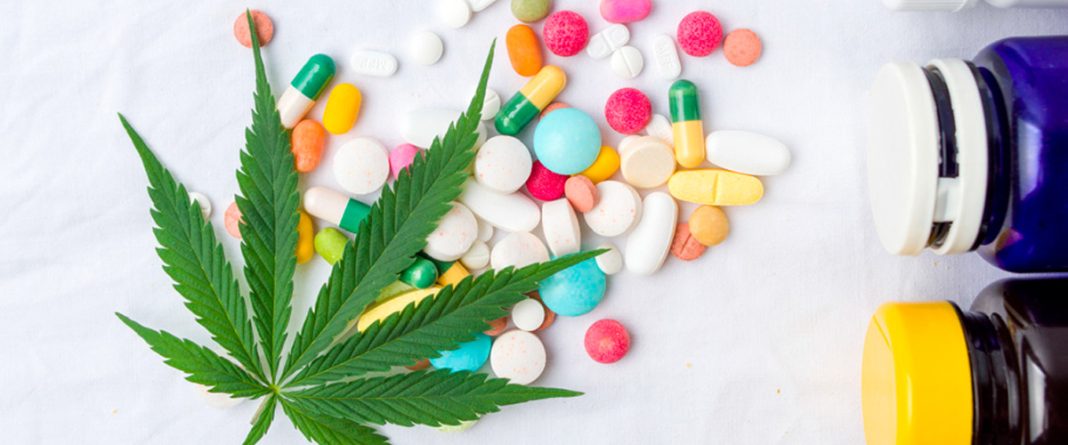By Adam Livingston, NutriChem Pharmacist –
Last fall, Canada made history and became the first G7 nation to legalize cannabis for recreational usage. So far, the results have been somewhat underwhelming. There were no riots in the streets, no clouds of smoke overtaking cities. And I am not all that surprised because, in my experience, cannabis users tend to be pretty reasonable, respectful people. Many individuals that use cannabis, whether for medical or recreational purposes, were already using it before October 17th, 2018, so not too much will change in the short-term. Except of course, the economics of cannabis, which could mean big business for Canada in the next few years and beyond. Canada has the opportunity to become the world leader on the cannabis front, so we need to make sure we do this right, both medically and recreationally.
On the medical side, I think that cannabis has many useful therapeutic properties. The body’s endocannabinoid system is involved in regulation of pain, mood, memory, appetite, stress, hormone balance, fertility, and energy metabolism. We are in the midst of an opioid crisis, and we need new treatment options for the various forms of chronic pain we are commonly seeing, such as fibromyalgia and neuropathic pain. Cannabis, and in particular cannabidiol (CBD), has huge medical potential in these areas. And cannabidiol does not get you “high” like whole cannabis. It is primarily the THC component in cannabis that produces the psychoactive effects, and this is avoided when we use CBD. CBD provides the anti-inflammatory and anti-anxiety effects of cannabis without the “high”. It is a very useful medical compound, and I think it will be a major molecule used in the future treatment of inflammation and chronic pain, amongst a variety of other medical conditions. I know that the 4 main reasons patients visit our pharmacy inquiring about medical cannabis are for treatment of pain, inflammation, anxiety, and sleep.
On the recreational side, I think we need to be very cautious around impaired driving, cannabis use during pregnancy, and the effects of cannabis on the developing teenage brain. There is a ton of hype around cannabis right now with Canada being the first industrialized nation to legalize it for recreational usage, and I think a lot of people are hailing it as a panacea. Many drugs have gone through “panacea periods” where people falsely believe they will be cure-alls for many of our common diseases and ailments. Cannabis has some very useful medical properties, and I think that adults should be allowed to use it responsibly for recreational purposes. It gives us another powerful tool in the pharmacological toolbox, but it won’t fix all of our health problems. It is a much safer option for symptom management than opioids, for example, but to truly treat these health problems, we have to dig deeper into people’s root causes, such as the microbiome, hormone balance, and nutrient status.
As a pharmacist, I have been disappointed with my own profession’s handling of the emergence of cannabis. Our colleges and associations have not taken much of a stand on cannabis at all, despite the fact that cannabis is one of the only medical substances that does not need to be dispensed by a pharmacist in Canada. Instead, anyone can just purchase cannabis via the recreational stream with no counseling, prior knowledge, or precautions. We as pharmacists dropped the ball on this one, and I am having daily conversations with patients that are totally new to this area.
At NutriChem, we are used to occupying the alternative health domain, and our pharmacists and naturopaths are quite knowledgeable about cannabis and its interactions with prescription medications and medical conditions. We offer cannabis consultations and services to help you access the Canadian medical cannabis system. If you are interested in medical cannabis, contact NutriChem today!
Adam Livingston, PharmD
NutriChem Pharmacist
